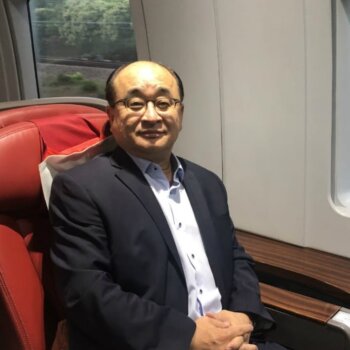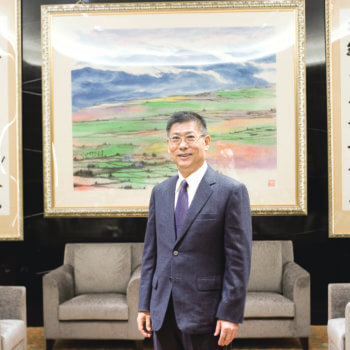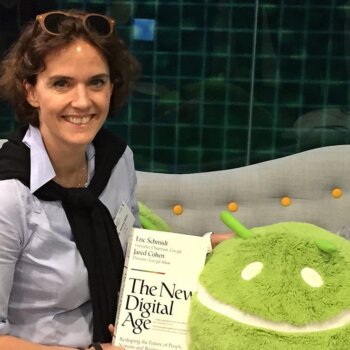Do you think that entrepreneurs launch their own businesses because they are too impatient to tolerate bureaucracies or the dawdling process of climbing the corporate ladder?
Steve Ballmer of Microsoft told Fast Company magazine that products and businesses all go through three phases: Vision, patience, and final execution. He observed that people enjoy the vision and final execution phases, but that most people are very uncomfortable with the patience phase.
Entrepreneurs hope to go grow their business as quickly as possible but in reality it takes years. Paul Buchheit, creator and lead developer of Gmail, blogged about the 7.5 years it took Gmail to evolve from a product that many people thought was a doomed dud to a product with a 40% growth rate from 2008 to 2009.
It took Harmonix and RedOctane 10 years to develop and market the game “Guitar Hero”. This is the first video game in history to reach $1 billion in North American sales. Serial artistic entrepreneur Lisa Canning described it as, “A decade of learning that ingenuity comes in two flavors: the kind where you invent mind-blowing technology (that was the easy part for two guys with master’s degrees from the Massachusetts Institute of Technology) and the kind where you build a legitimate business around it.”
A co-founder of stackoverflow.com, Jeff Atwood, wrote:
“I have zero expectation or even desire for overnight success. What I am planning is several years of grinding through constant, steady improvement. This business plan isn’t much different from my career development plan: success takes years”. Not as some clichéd regurgitation of “work smarter, not harder.” I’m talking actual calendar years. You know, of the 12 months, 365 days variety. You will literally have to spend multiple years of your life grinding away at this stuff, waking up every day and doing it over and over, practicing and gathering feedback each day to continually get better. It might be unpleasant at times and even downright un-fun occasionally, but it’s necessary.
Studies have showed that 10 years is a significant unit of time. Malcolm Gladwell presented evidence in his best-selling book, Outliers, that the key to success in any field (including business, science, sports, and music) has less to do with talent than is commonly believed. Instead, success comes from practice, 10,000 hours of it — 20 hours a week for 10 years. Mr. Gladwell called this the “10,000 hour rule.”






























